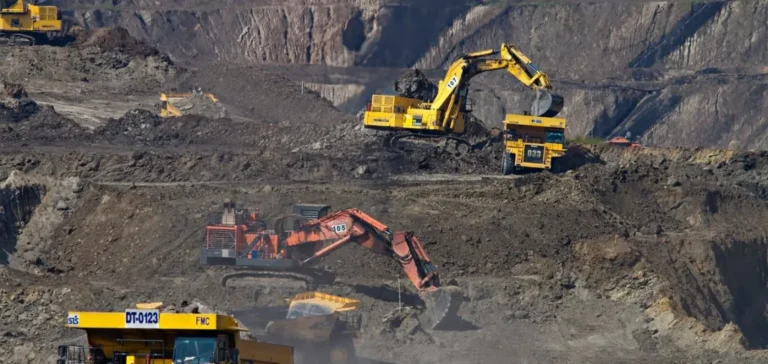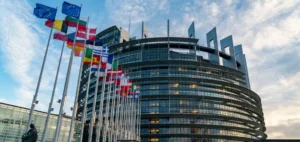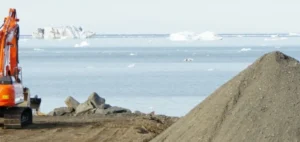The Democratic Republic of Congo (DRC) has announced the implementation of a quota system limiting annual cobalt exports to 96,600 metric tonnes for 2026 and 2027. This measure represents 52% of the country’s estimated production for 2024. It follows a ban on exports of cobalt hydroxide that had been in effect since February and marks a strategic shift in the government’s approach to managing mineral resources.
An immediate market reaction
As the world’s leading cobalt producer, the DRC extracted 185,739 tonnes of the metal in 2024, according to data from Commodity Insights. Used in electric vehicle batteries and high-performance industrial applications, cobalt is a key component in several critical supply chains. The drastic reduction in exportable volumes took the market by surprise, causing a rapid price increase and raising expectations of a long-term imbalance between supply and demand.
Between September 19 and September 26, cobalt hydroxide prices delivered to China rose by 6.8%, reaching $15.6/lb. Since January, prices have climbed by 170%, adding pressure to margins for refiners and battery manufacturers. Commodity Insights forecasts an average price of $15.96/lb in 2026 and $16.12/lb in 2027, assuming the quotas are strictly enforced.
Stock pressure and industry adjustments
The export limitations come as refinery inventories are already at low levels. Although exports are set to resume in October, the first shipments are not expected to reach China before January, prolonging supply tightness for several months. In response, electric vehicle manufacturers are already considering changes to battery chemistry to reduce cobalt dependency.
Demand from the battery sector is projected to reach 142,803 tonnes in 2025 and 154,891 tonnes in 2026, according to Commodity Insights. The 96,600-tonne quota could therefore create a significant shortfall, forcing companies to adapt their sourcing strategies.
Alternative sources and regulatory uncertainty
Sustained high prices could support investment in alternative sources such as cobalt-nickel deposits in Indonesia, which is expected to produce 38,324 tonnes in 2025. Other players are eyeing deep-sea reserves, notably in the Clarion-Clipperton Zone in the Pacific, considered a major repository of critical metals, according to the US Geological Survey.
Regulatory clarity remains limited. The Congolese Cobalt Market Regulation Authority (ARECOM) will allocate quotas based on historical export volumes, although the reference years have not been specified. This lack of precision increases risks for producers, especially those whose output has changed significantly in recent years.
Uneven distribution and potential adjustments
Companies that have recently increased their production, such as CMOC, may receive larger allocations. The company produced 85,975 tonnes in 2024, up 480% from 2021. Other operators, particularly outside the DRC, could benefit from tighter supply conditions to gain market share.
Adjustments remain possible. The Congolese government may raise quotas if prices exceed certain levels or in exchange for commitments to invest in local processing facilities. The Ministry of Mines has indicated that consultations with operators and civil society will be conducted to adapt the system to evolving market dynamics.






















